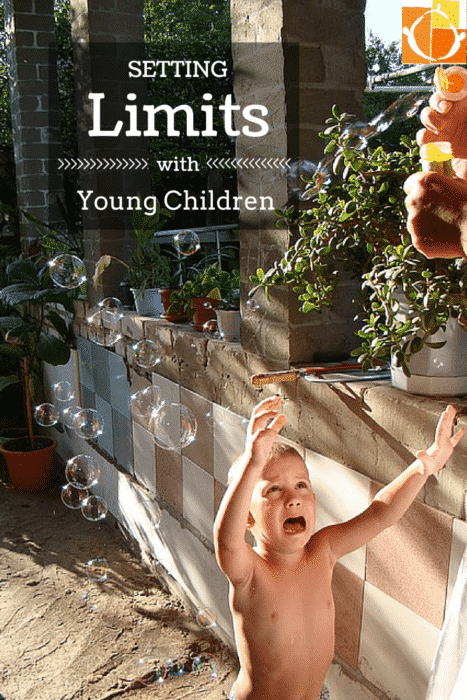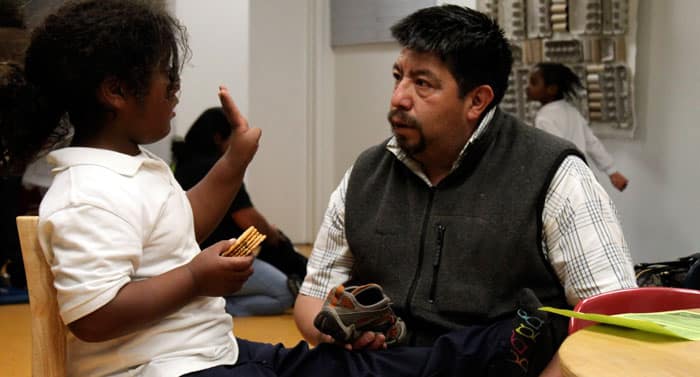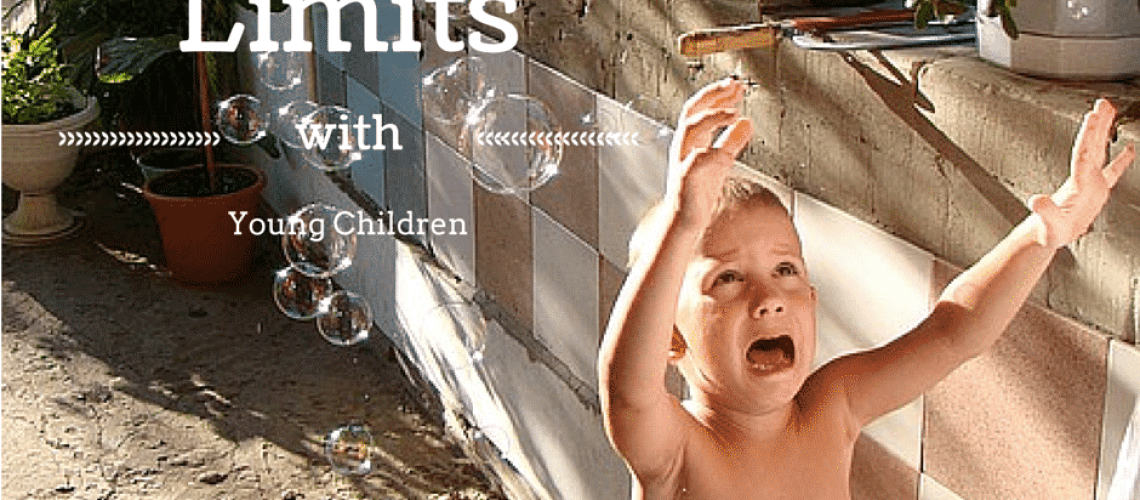 When children are under stress they lose their patience, their love of fun, their easygoing ability to make each day a good one. At these times, they tend to do things that don't make sense. They'll begin to squabble, to insist on having things someone else has, or to want one thing after another, without gaining satisfaction.
When children are under stress they lose their patience, their love of fun, their easygoing ability to make each day a good one. At these times, they tend to do things that don't make sense. They'll begin to squabble, to insist on having things someone else has, or to want one thing after another, without gaining satisfaction.
At times like these, we parents can play a very positive role. We can set limits on our children's behavior in order to help them relieve the stress they are under, and regain their innate good judgment and joy in cooperation. Setting limits with Young Children takes a bit of practice. When you think your child is being unreasonable, here are the steps to follow.
Listen
Get down so you are at eye level, and simply ask what's going on. Ask your child to tell you why she's yelling, or why she has to have the blue dress that's in the wash. She needs to talk about the upset she feels, if possible, to someone who isn't upset too.
Limit

If she is insisting on unreasonable behavior, you must step in. Tell her what you think is reasonable, and then make sure that her unreasonable behavior doesn't continue. If your child is yelling at her brother, ask her to stop. If she can't stop, pick her up gently and bring her with you into another room. If she's throwing toys in anger, put your hand on the toy she's about to throw, and say, “I won't let you throw that.” If she is insisting on having a fifth cookie, bring her into your lap, away from the cookies, and tell her, “Not now.” Later, you can have another, but not now. No punishment is needed, no lectures are needed, and no harshness is needed. Simply step in.
Children who are under stress can't think well. They can't process what we tell them, so they don't do what we ask. You must expect this, and step in, gently but firmly, to see that they don't continue to do irrational things.
Listen

This is the “stress release” step—the one that will help your child immensely. After you have stepped in to prevent your child from doing things that don't make sense, she will most likely begin to cry, storm, or tantrum. This is constructive. It is your child's way of getting rid of the tension that made her unreasonable in the first place. If you can stay close while she cries or storms, she will continue until she has regained her ability to listen, to be cooperative, and to make the best of the situation at hand.
Download your free copy of Setting Limits with Children by Hand in Hand Parenting Founder, Patty Wipfler.

